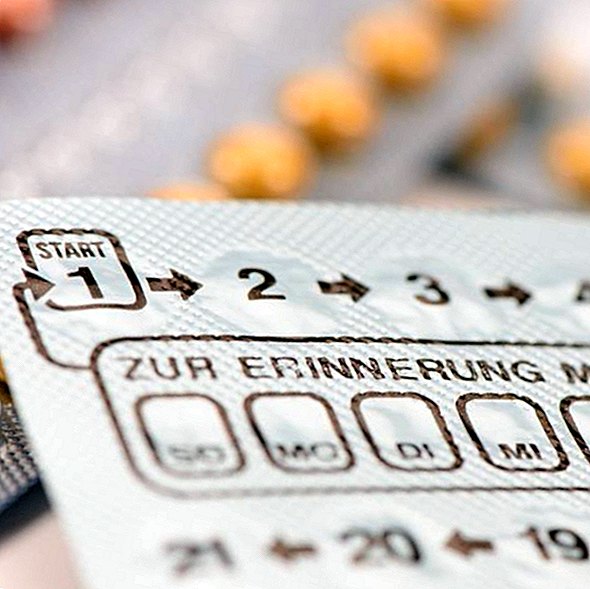Study: birth control pills increases the risk of depression

The contraceptive pill has several side effects, such as listlessness, mood swings or an increased risk of thrombosis. And the reputation of the former salutary contraceptive is not getting better: as a Danish study has now determined the pill increases the risk of depression.
Study: birth control pills increases risk of depression
The data were examined by one million women aged between 15 and 34 years. The women who used combination preparations had a 23 percent greater likelihood of becoming depressed after just six months than women who did not take the pill. The result was even more pronounced in women who took the mini-pill (ie single-substance preparations). They were 34 percent more likely to be diagnosed as depressed.
The propensity for depression increased among adolescent girls between the ages of 15 and 19: their risk of depression was 80 percent higher in combined products and 70 percent higher in the mini-pill than in the girls who did not take a pill.
In fact, not only birth control pills should increase the risk of depression, but also other hormonal contraceptives, such as the hormonal spiral, the hormone patch or the contraceptive ring. For this reason, the Danish experts generally advise against hormonal contraception.
How are depression and contraception related?
Critics claim that the depression was only discovered in the study because the girls had gone to a doctor for contraception. The connection between depression and hormonal contraception therefore remains unclear. Catherine Monk, a professor of psychology and gynecology at the Columbia University Medical Center in New York, told the Wahsington Post that taking the pill with adolescents is often associated with first love. And when it breaks down, depressive feelings do not necessarily have anything to do with taking the pill.










